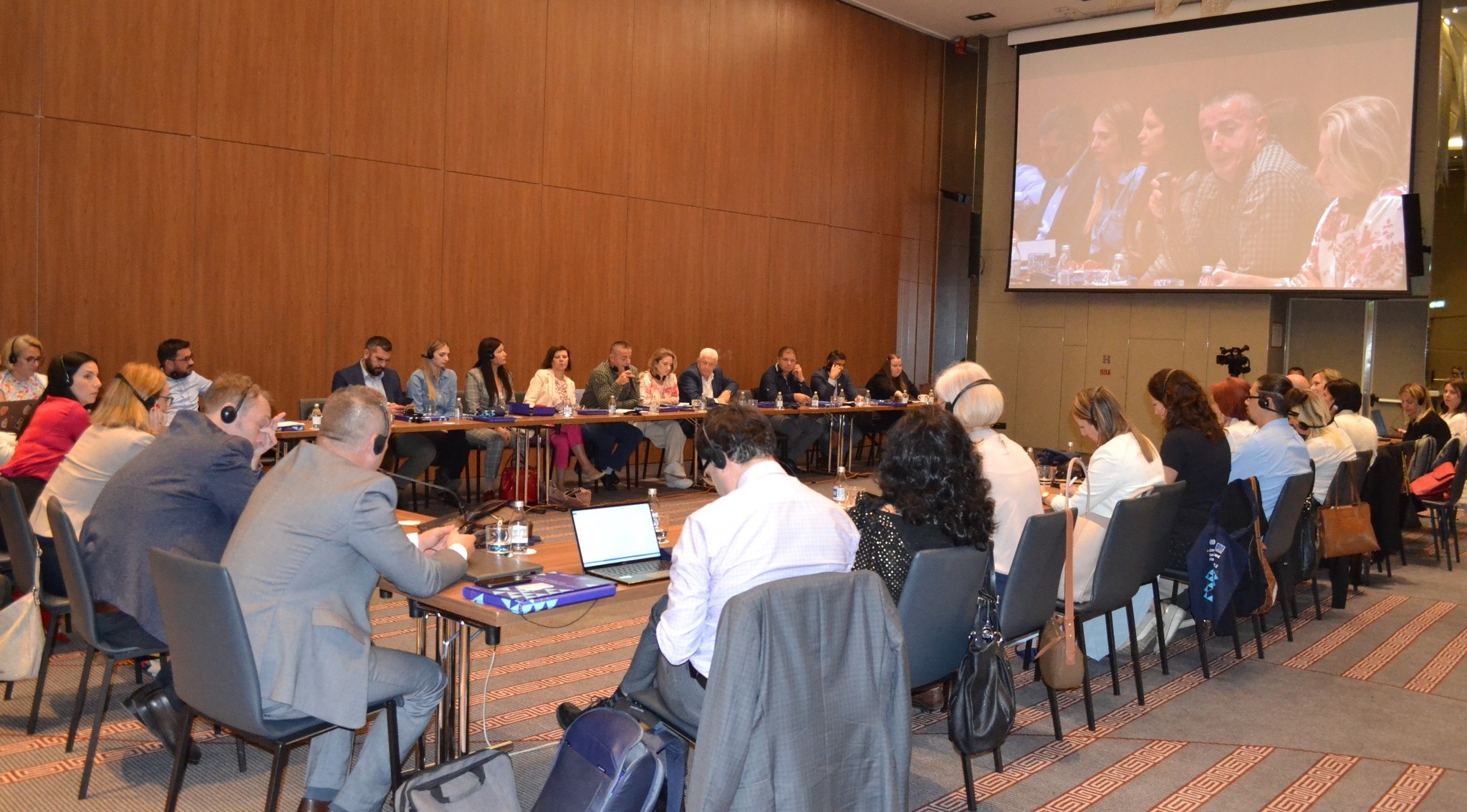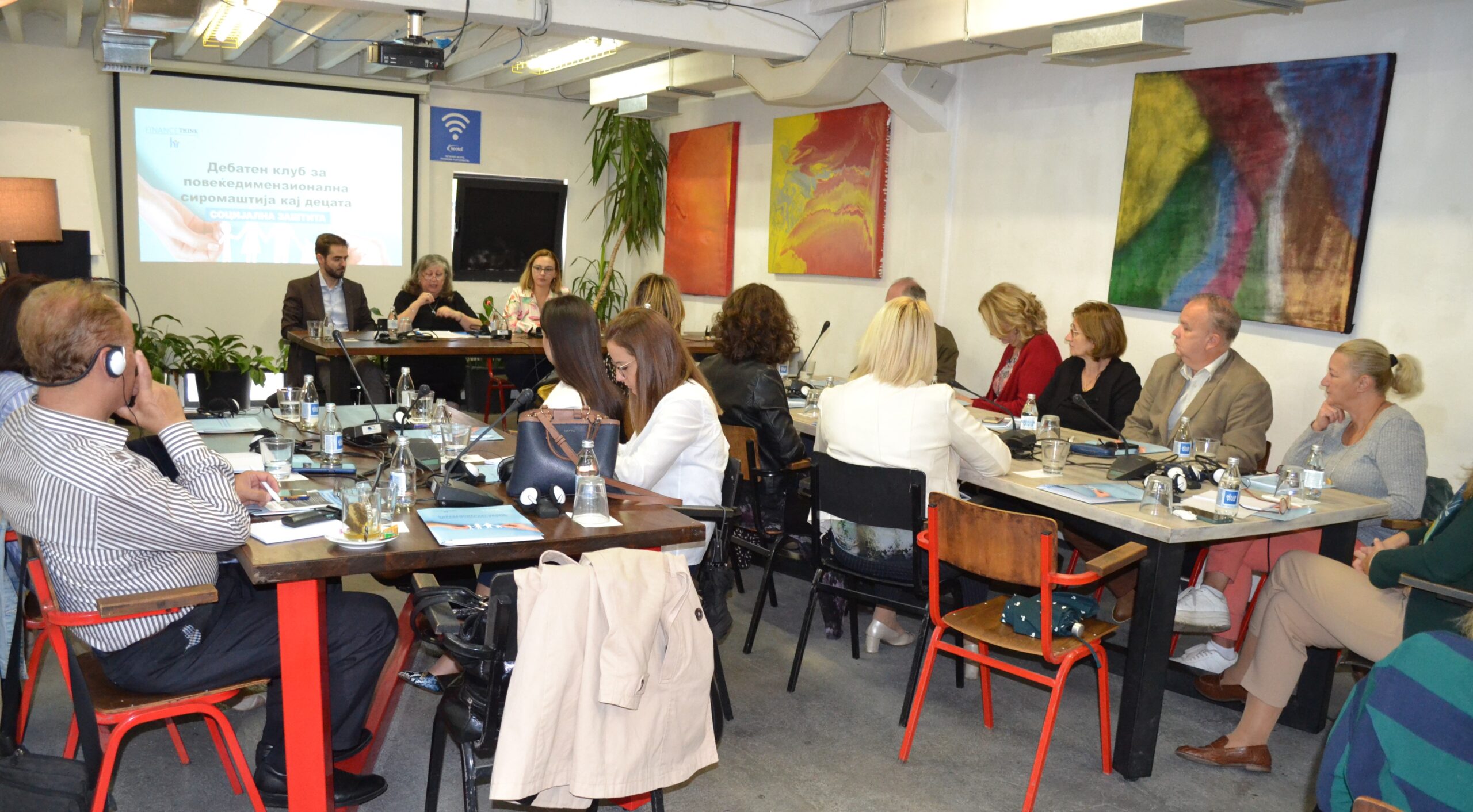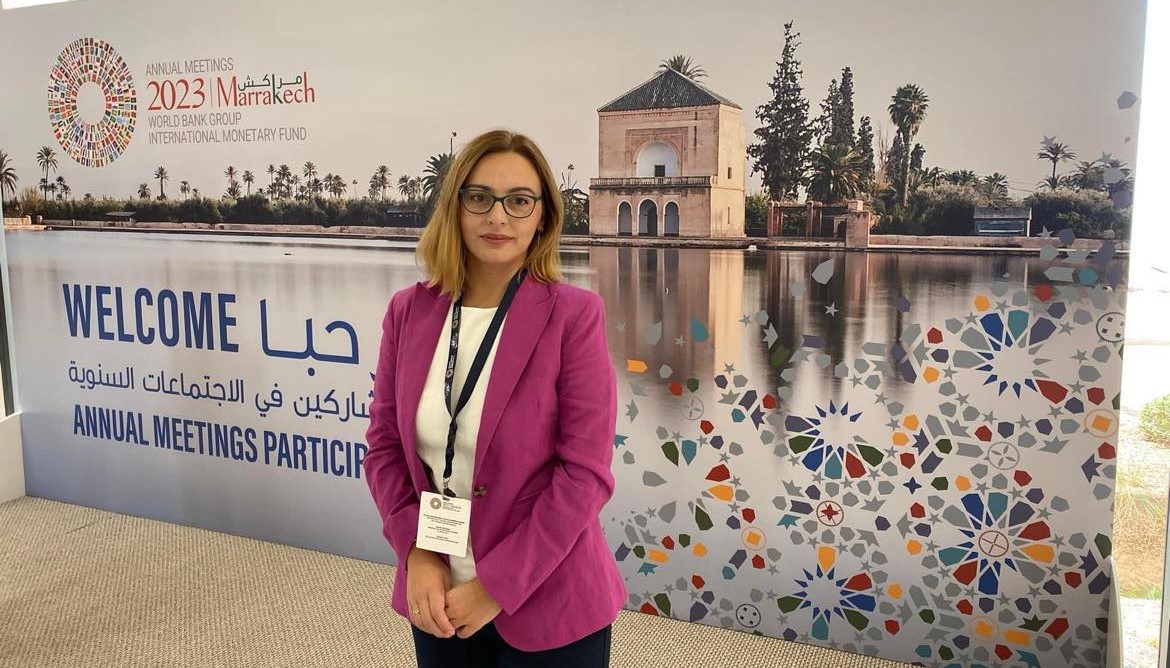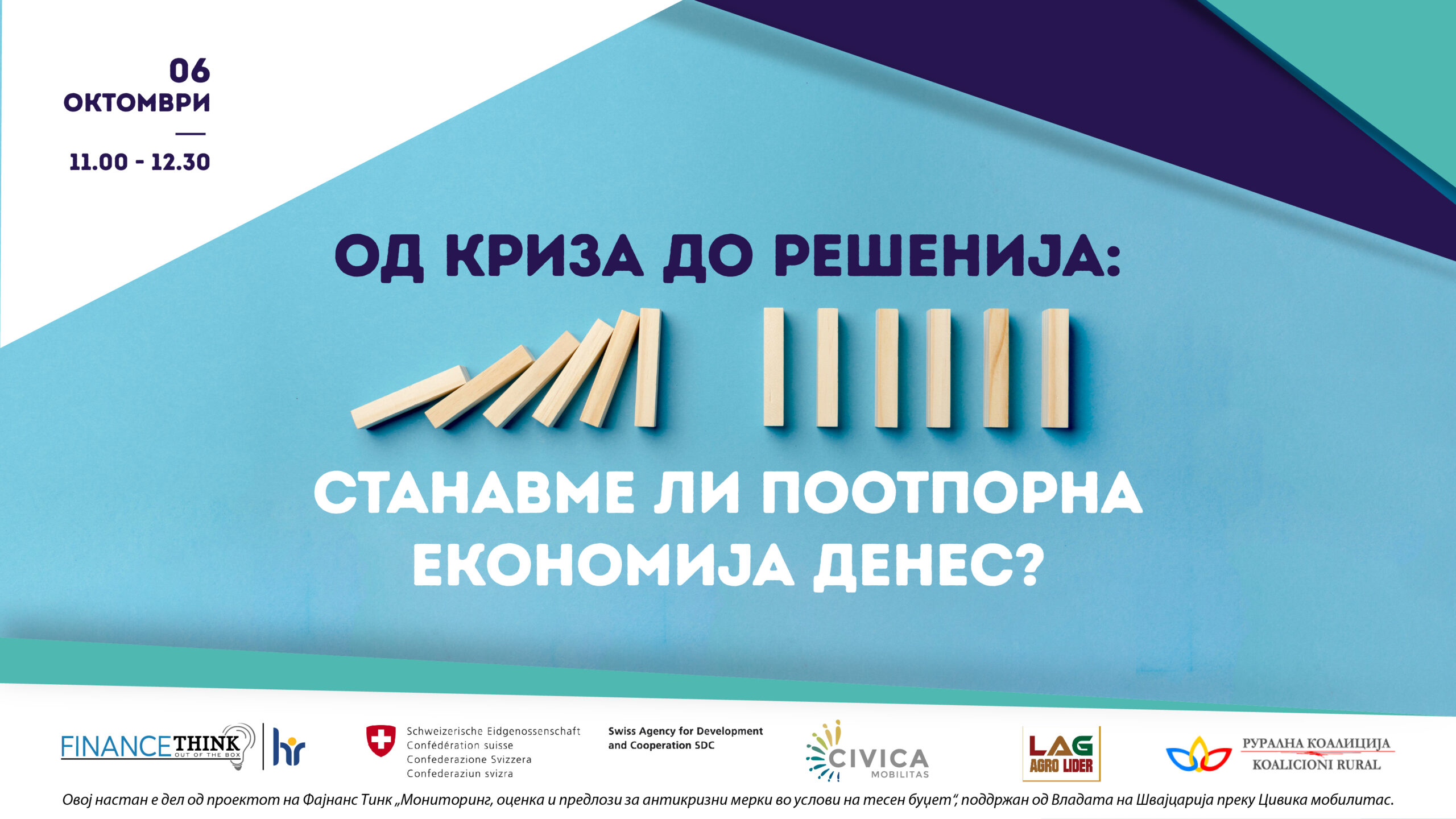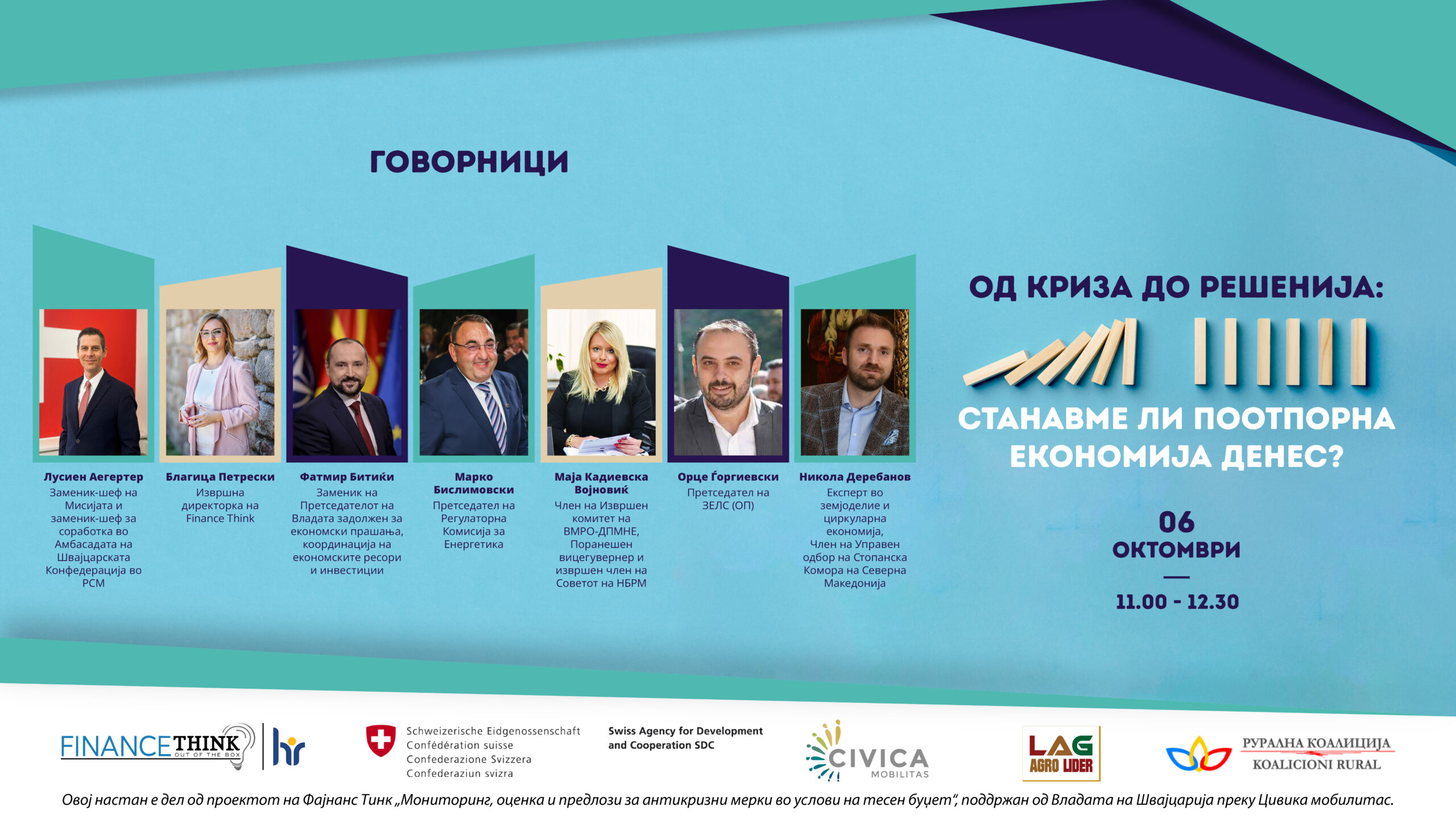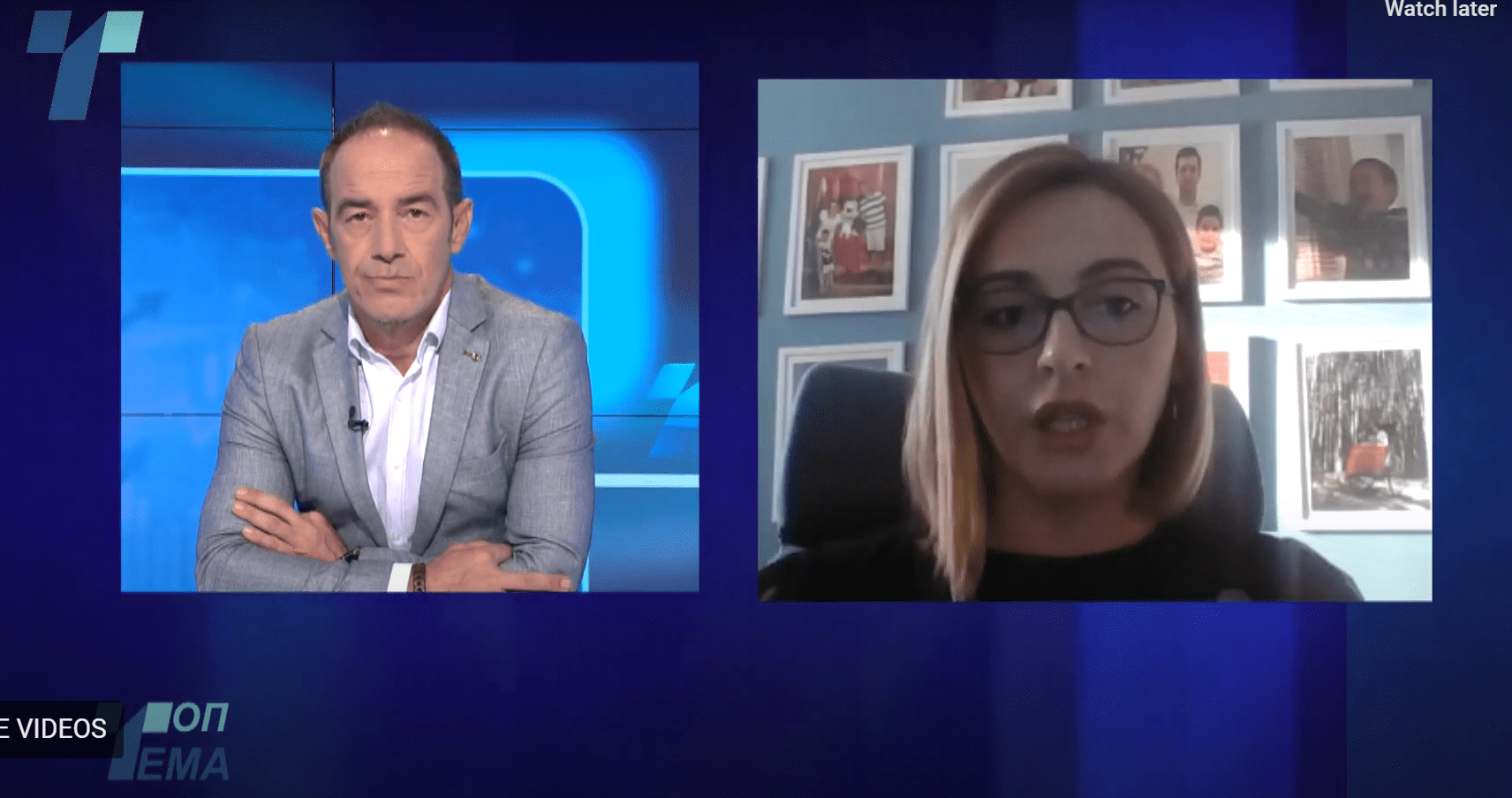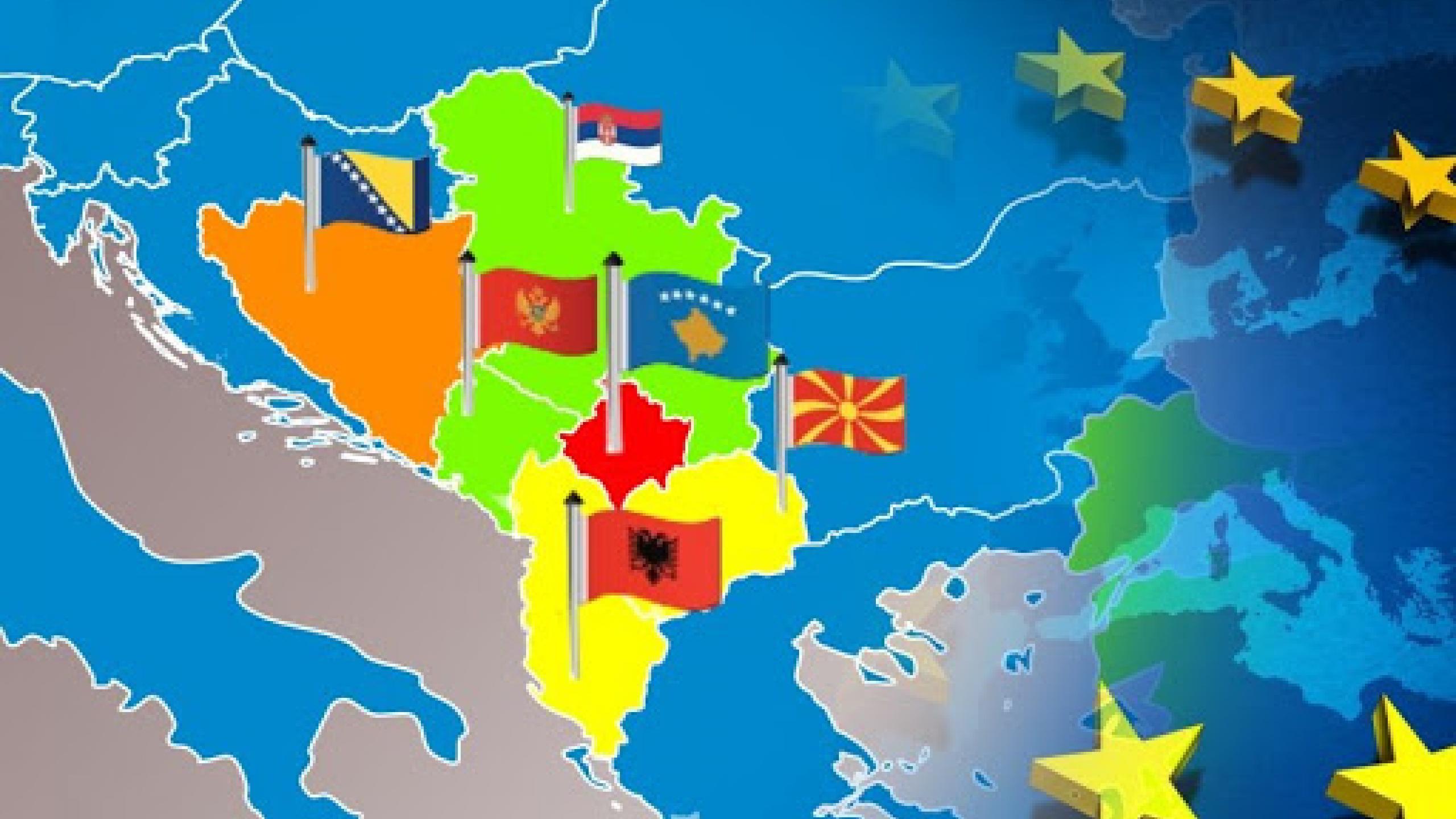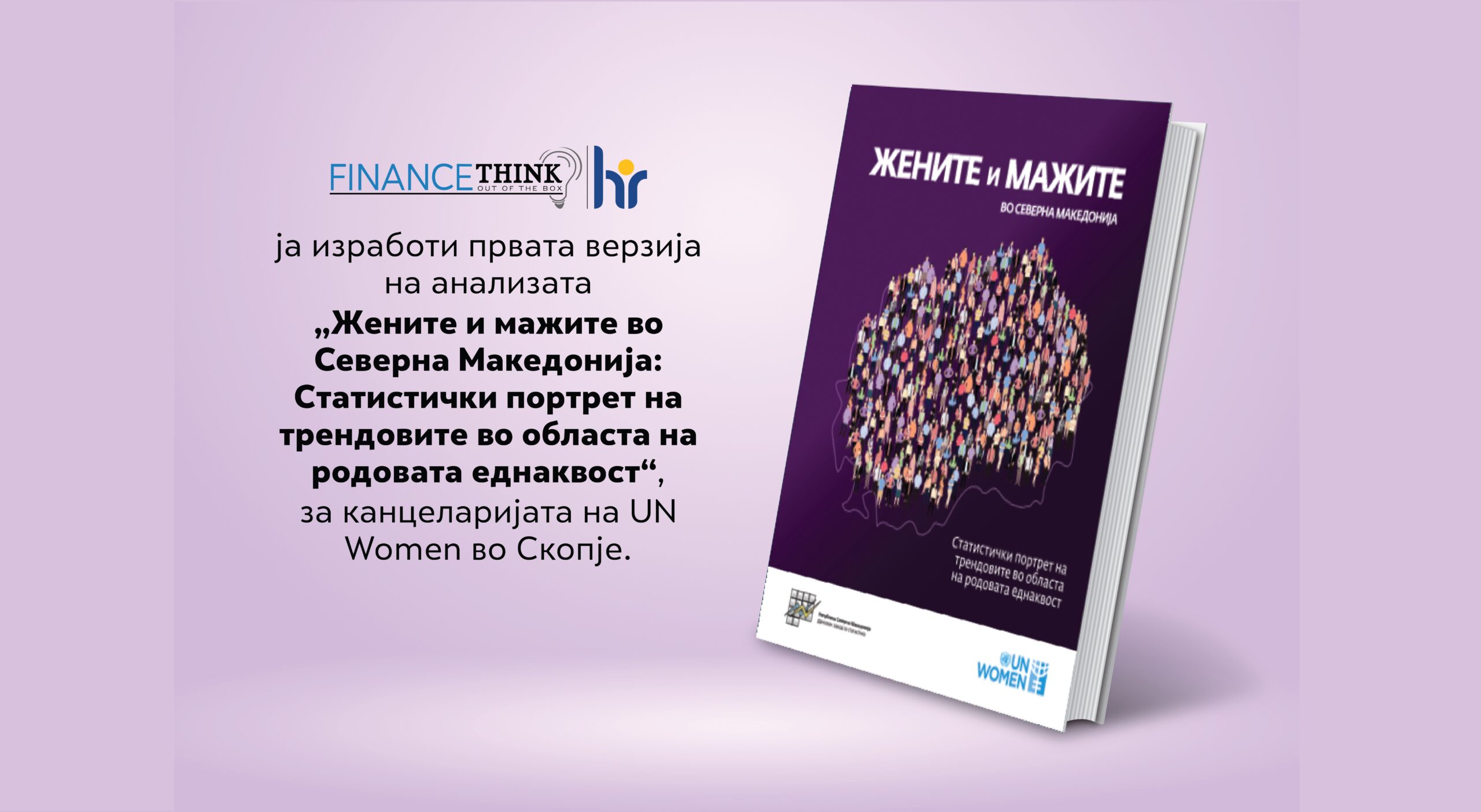Finance Think in collaboration with the International Labour Organization conducted the regional workshop “Peer Learning Exchange on Labour Force Movement and Seasonal Work: Addressing undeclared Work”, part of the regional project implemented by ESAP2 and funded by the EU.
Finance Think at the 9th Western Balkan Civil Society Forum in Тhessaloniki
Finance Think participated in the 9th Western Balkan Civil Society Forum, which was held on October 19 and 20, 2023 in Thessaloniki, Republic of Greece, organized by the EESC – European Economic and Social Committee.
The Forum focused on #skills and the Youth Guarantee, as well as the #green agenda, which are an integral part of our research programs.
The forum brought together 120 participants, including a wide range of civil society representatives from the EU and the Western Balkans, as well as representatives of EU institutions, international organizations and governments from the region.
A second debate club on multidimensional child poverty
Today we held the second debate club to identify policy overlaps, gaps, priorities and common goals related to multidimensional child poverty.
The club was attended by representatives from the sectors of social protection, education and health, and from the State Statistics Office
We conducted the club as part of the partnership action with UNICEF MK.
❓ We need your opinion!
Finance Think at the Annual Meetings of the IMF and the World Bank in Marrakech
Our Blagica Petreski is participating in the Annual Meetings of the International Monetary Fund and the World Bank, which are being held this year in Marrakech, the Kingdom of Morocco, October 9-15, 2023.
A week filled with #debate, #research inspiration and new insights into global and domestic economic #policies.
A successful completion of the Economic forum “From crisis to solutions”
Economic Forum coming soon: “From crisis to solutions: Have we become a more resilient economy today?”
In Top Tema, Blagica Petreski spoke on current economic topics
![]() Price growth was almost entirely driven by #external factors during 2022. However, when those prices began to decline significantly … those declines were not properly transmitted to the domestic economy. In the area of food, domestic factors are reduced to #combined action of traders and, sometimes, of producers/processors, in the direction of price maintenance.
Price growth was almost entirely driven by #external factors during 2022. However, when those prices began to decline significantly … those declines were not properly transmitted to the domestic economy. In the area of food, domestic factors are reduced to #combined action of traders and, sometimes, of producers/processors, in the direction of price maintenance.
![]() Freezing prices has proven necessary in conditions where markets are quasi-competitive and should, within a reasonable, fixed period, calm such behavior.
Freezing prices has proven necessary in conditions where markets are quasi-competitive and should, within a reasonable, fixed period, calm such behavior.
![]() However, there is also a domestic segment – labor, whose price has risen in the meantime. According to our recent analysis, the main pressure on the price of labor is the lack of staff in the market, and the second factor is the minimum wage.
However, there is also a domestic segment – labor, whose price has risen in the meantime. According to our recent analysis, the main pressure on the price of labor is the lack of staff in the market, and the second factor is the minimum wage.
![]() We, as Finance Think, were the first since the beginning of the year to point out such tendencies of association in order to maintain prices, and even then we called for the involvement of the Antimonopoly Commission, according to its competences, but to have a proactive approach.
We, as Finance Think, were the first since the beginning of the year to point out such tendencies of association in order to maintain prices, and even then we called for the involvement of the Antimonopoly Commission, according to its competences, but to have a proactive approach.
![]() Overall, the design of measures should be systemically designed and targeted.
Overall, the design of measures should be systemically designed and targeted.
Deeper regional integration of labor markets brings advantages but also threats
Finance Think published the study “Labor mobility preconditions for the regional economic integration: Pros and cons from Macedonian perspective”.
The aim of this study is to assess the potential for labor mobility for deeper regional economic integration, through a quantitative analysis of the gaps in occupations and wages, from the perspective of North Macedonia. The main finding of the study is that deeper regional integration of labor markets in the Western Balkans brings advantages but also threats.
Free movement of workers is one of the principles underlying all previous and current initiatives for regional economic integration in the Western Balkans, and may be of significant interest given the labor and skills shortages these countries face. However, whether and to what extent economic integration between the Western Balkans can fill these gaps depends mostly on two aspects: 1) the current state of the labor market in terms of skills and occupations that are demanded and offered and 2) the difference in wages between the integrating countries.
The results of the study show that on the Macedonian labor market, on the one hand, there is a surplus of workers in professions with higher qualifications, with the exception of workers from information and telecommunications activities, reaching a maximum in educational (pedagogical) occupations, where in one vacant position there are up to 71 unemployed people. On the other hand, there is a shortage of workers for six out of eight occupations with lower qualifications, which is especially pronounced for service and basic workers. The latter is also related to the fact that almost 60% of registered unemployed persons are without a specific occupation, with low or no education. Hence, deeper regional labor market integration can encourage mobility that will increase the available skill set in the market, and for persons in surplus occupations with higher skills, offer more opportunities for employment and earnings.
The results further focus on wage differences between North Macedonia and Serbia, given that higher wages are one of the main reasons for labor mobility. The calculations showed that in neighboring Serbia the wage premium in relation to North Macedonia is very small, almost insignificant and, therefore, will not cause significant mobility of Macedonian workers. However, for sectors that are seasonal in nature and have a cyclical need for workers, significant differences in wages may occur. Given that occupations with lower skills are simultaneously in short supply in the Macedonian labor market, deeper regional integration may lead to a deepening of the shortage of such workers.
Although regional economic integration has its advantages in terms of labor mobility, it is more important to make structural reforms in the domestic economy, with the aim of reducing the differences in the supply and demand of labor and meeting the needs of the labor market, above all. with domestic workers. For this purpose, our recommendations are aimed at adapting labor market policies to prevent the increase of workers in surplus occupations, and creating educational policies in order to direct workers in deficit occupations.
In general, regional economic integration based on the four basic principles of free flow of capital, goods, services and people helps countries to overcome the constraints to economic growth created by poor infrastructure, inefficient policies, geographical affiliation and demographic changes. Free movement of workers is one of the key freedoms of regional economic integration that increases labor mobility regionally and/or internationally, in search of access to the labor market in the country of departure. According to the latest figures, almost 162 million people have moved to another country in search of employment, and this trend is expected to continue, mainly due to the wage gap between countries, the rapidly aging workforce in some countries and technological developments that make it easier for expatriates to stay connected with their family.
An analysis for our partners from UN Women
Finance Think conducted the first version of the analysis “Women and men in North Macedonia: Statistical portrait of trends in the field of gender equality” for the UN Women Office in Skopje.

